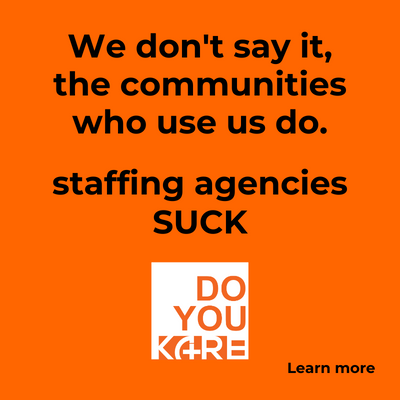By Steve Moran
A few weeks ago, I was at the Good People gathering in Scottsdale, Arizona, and got to talking to Bridget Kaselak, cofounder of Kare, about how their gig economy workers perceive the various senior living communities they work in.
I was particularly interested in finding out what made for a bad experience. It turns out that after every shift, they ask the team members to provide feedback about their work experience.
A Surprising Result
I was kind of expecting the results to be something broad — that companies or communities either had a terrific work culture or a terrible one. The findings were not quite that. It turns out that when workers did not like working in a community, it was for a single reason.
There was one person who made their lives miserable. They were hard to work for or were simply unpleasant.
The Person You Need to Fire
In almost every organization, there is one person (or maybe there are a few) who needs to be “given the opportunity to find a new job.” FIRED! They are incompetent or lazy. Or worse, they are actually really good at their job but make the lives of everyone they interact with miserable.
The problem is that it is really hard to measure the damage this person is doing. Particularly given the current hiring culture environment, it feels like you can’t afford to lose anyone, much less someone who is competent (and toxic).
When You Don’t Fire
But when you don’t fire …
- Everyone loses passion.
- Other people spend time gossiping about the problem person.
- Your team members will not recommend their friends come work for you.
- You will be frustrated
- Your residents will be mistreated.
- Your occupancy will suffer.
The Single Best Thing You Can Do
The single best thing you can do for your organization, your team, and your residents is to go fire that person who is making life miserable. Never once have I ever talked to a leader who took the courageous step of firing their problem employee that regretted doing so. Mostly what they report is that the remaining team members are happier and working better and that they only regret not doing it sooner.
In the case of Kare, where workers pick places to work largely on pay rates, having a single toxic person makes it more expensive to hire future workers. People will put up with unpleasantness, but only when the pay is high enough.
Is that any way to run your business? Go fire someone!








